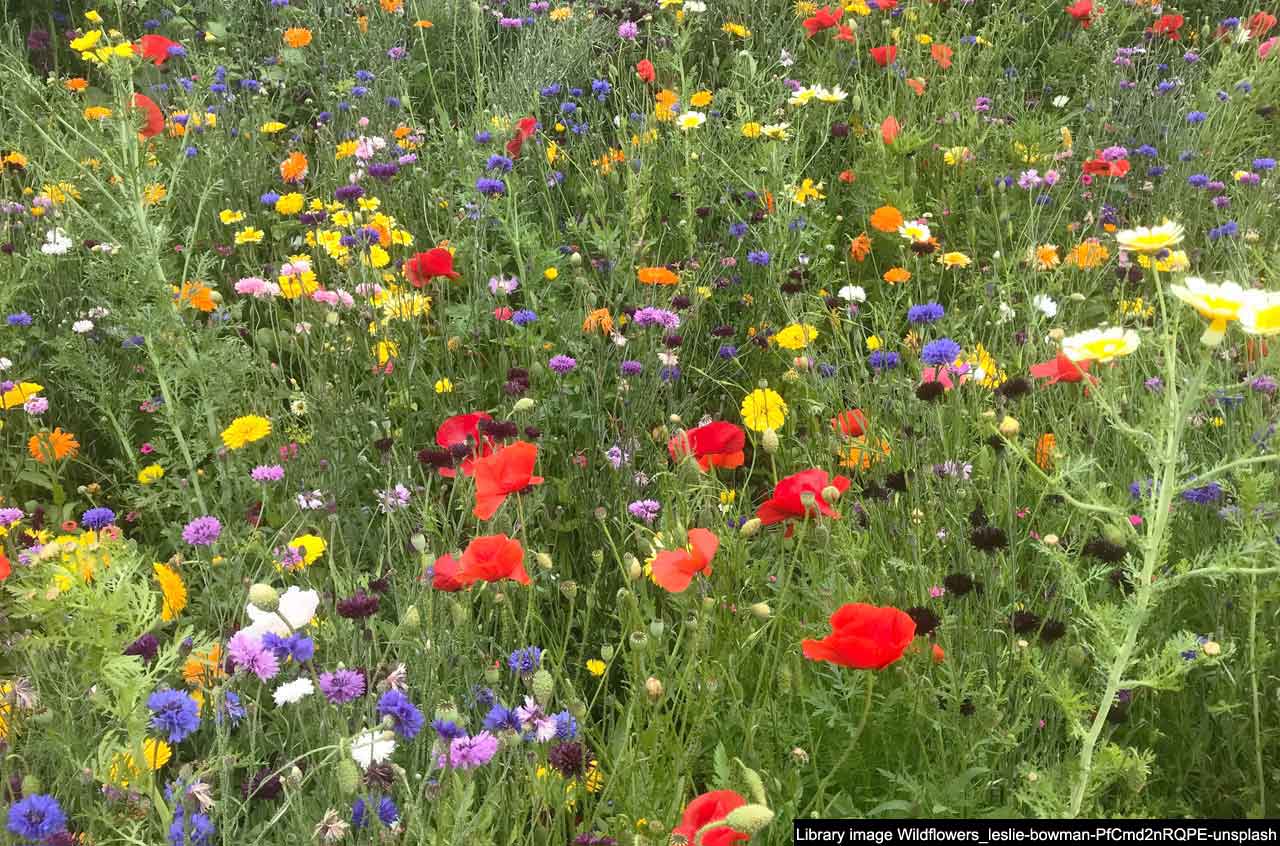For many people, the arrival of spring brings plenty of sunshine, blooming flowers, and mild temperatures. However, the warmer weather also signals the start of hayfever season and the unpleasant symptoms that come with it. If you’re one of the estimated 18 million people in the UK who suffer from hayfever, you’ll be all too familiar with the sneezing, itchy eyes, runny nose, and congestion it causes.
The good news is there are several effective ways to treat hayfever and minimise your exposure to pollen this spring. This article outlines the main treatment options available, including antihistamines, natural remedies, and lifestyle changes to help you control your symptoms. Read on to find out how to deal with hayfever this spring.
What is Hayfever?
Hayfever, also known as allergic rhinitis, is an exaggerated immune response to airborne allergens, primarily pollen from trees, grasses, and weeds. When these tiny particles come into contact with your eyes, nose, and throat, your body misinterprets them as harmful invaders, triggering a cascade of inflammatory reactions. Symptoms can range from mild, including itchy eyes and runny nose, to severe, causing difficulty breathing and sleep disturbances.
Use Antihistamines
Antihistamines are generally the first line of defence against hayfever. They work by blocking the action of histamine, the chemical released by the immune system in response to allergens. This stops histamine from causing hayfever symptoms like sneezing and itchy eyes.
There are two main types of antihistamines:
Sedating – these cause drowsiness. They are best taken at night time to aid sleep if your symptoms keep you awake.
Non-sedating – these don’t cause drowsiness so can be taken during the day. Common brands include cetirizine, loratadine, and acrivastine.
Antihistamines come in tablet, liquid, or nasal spray form. They can be used to treat mild hayfever symptoms and may be most effective if taken preventatively before symptoms start each year. Hay fever treatments, including antihistamines, can be found at The Independent Pharmacy. If standard antihistamines aren’t strong enough, your GP may prescribe other medications like steroid nasal sprays or eye drops to target specific symptoms.
Try Natural Remedies
If you prefer to avoid medication, there are various natural remedies that may help relieve your hayfever symptoms:
Local honey – Eating honey sourced from local bees can help desensitise you to local pollens over time. Try a spoonful a day.
Quercetin – This plant flavonoid acts as a natural antihistamine. Foods high in quercetin include apples, berries, red onions, and green tea. You can also take it as a supplement.
Butterbur extract – Derived from the butterbur plant, this herbal extract has anti-inflammatory effects that may reduce hayfever symptoms.
Saline rinse – Rinsing your nasal passages daily with a saltwater solution can flush out mucus and allergens and keep symptoms at bay.
Many people find combining natural remedies provides the best effects. But speak to your pharmacist before taking any supplements to check they don’t interact with any medication you take. While natural approaches work well for some hayfever sufferers, others may still need antihistamines or other regular medications to properly control their symptoms.
